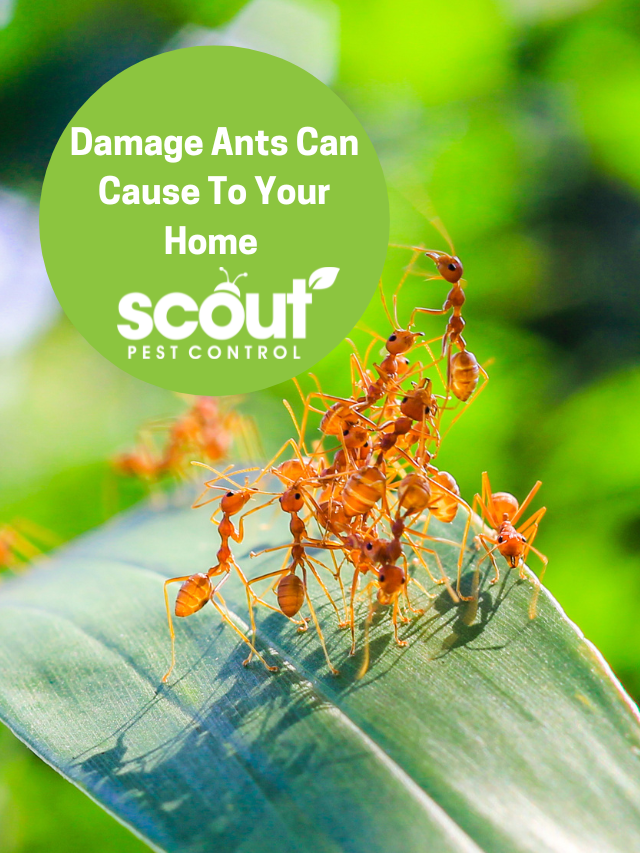In our daily lives, we often come across various pests, and ants are among the most common invaders of our homes. While ants play an important ecological role and are far from the most nefarious of creatures, their presence can lead to significant discomfort for many homeowners. This raises an important ethical question: is killing ants in your home an act of animal cruelty? To navigate this complex issue, we must delve into ethical pest management practices and examine our responsibilities towards all living beings, no matter how small.
Understanding the perception of ants in the context of home invasions begins with recognizing their remarkable biology. Ants are intricate social creatures, forming colonies that display sophisticated communication and teamwork. They contribute to our ecosystem by aerating soil, dispersing seeds, and even controlling other pest populations. Given their ecological significance, one might wonder whether they deserve a right to coexist with humans. The ethical dilemma lies in how we respond when these industrious little beings encroach upon our living spaces.
Many people view pest control as a necessary evil, falling firmly in the category of self-defense. When confronted with ant infestations, the immediate impulse may be to eradicate them with quick, lethal methods. Yet, this perspective invites a broader consideration—do we genuinely need to resort to death as a solution? It is essential to explore alternative approaches that not only address the problem but also respect the lives of these creatures.
Ethical pest management advocates for a philosophical shift in how we perceive our relationship with animals, including insects. This approach emphasizes prevention, intervention, and habitat manipulation instead of lethal measures. By implementing proactive strategies, homeowners can create environments that deter ants from infiltrating their spaces without resorting to toxic substances or lethal traps. These techniques often include sealing entry points, removing food sources, and maintaining cleanliness, thereby discouraging ants from viewing our homes as a beacon of opportunity.
The concept of humane pest control has gained traction over recent years. One notable strategy involves the application of natural deterrents. For instance, substances such as vinegar, essential oils, and diatomaceous earth can create barriers that ants find unappealing, guiding them away from areas of human activity. This not only fosters a pest-free environment but also respects the integrity of ant colonies, allowing them to thrive in their natural habitats without direct confrontation.
Even when eradication seems the only option, a closer examination of methods reveals a multitude of non-lethal alternatives. For example, some pest control services employ live trapping techniques, relocating ant colonies instead of annihilating them. Such practices reflect an increasing awareness of our ethical obligations to minimize harm to all living beings. By engaging in these tactics, we begin to cultivate a deeper sense of empathy towards our fellow creatures, acknowledging their right to exist even as we establish boundaries within our own living spaces.
It is vital to sift through the implications of our actions on both societal and environmental levels. Animal cruelty laws in many jurisdictions extend protections to a wide range of species, and while ants may not fall under these regulations, allowing the mindset of cruelty to influence our treatment of any creature can lead to troubling consequences. Ignoring the principles of compassion and respect in one aspect of our lives can desensitize us regarding the treatment of other beings, a slippery slope that has historically led to widespread suffering.
With the growing awareness of environmental sustainability, we must also factor in the ecological repercussions of our pest management choices. The use of chemical pesticides and poisons not only harms targeted species but can also disrupt entire ecosystems. These toxins often affect non-target organisms, resulting in a cascade of consequences that can destabilize local biodiversity. By prioritizing ethical pest management practices, we honor our commitment to both humane treatment and ecological integrity.
As we continue to navigate our relationship with ants, it is imperative to foster dialogues about our choices and the ethos that guides them. Our ethical responsibilities likely extend beyond mere survival; they encompass the nurturance of coexistence and the promotion of compassion. Engaging in these conversations can steer societal attitudes towards more empathetic paradigms, where the goal is not simply to eliminate pests but to coexist harmoniously.
Ultimately, contemplating whether killing ants in your home amounts to animal cruelty provides a unique opportunity for reflection. It nudges us toward a more conscientious mindset that prioritizes living in tandem with nature. By gradually shifting perspectives towards the protection and respect of all creatures, even the smallest among us, we cultivate a more compassionate society where compassion reigns over cruelty.
The path to ethical pest management is rife with possibilities. From employing humane deterrents to embracing preventive measures, the choices we make reflect not only our immediate desires but also our broader ethical landscape. While the presence of ants in our homes may challenge our comfort levels, embracing an empathetic approach can foster a more compassionate understanding of the interconnectedness of all living beings. Discovering this crucial balance between pest management and ethical interaction enriches our lives and communities, elevating our consciousness regarding the intricate tapestry of life that surrounds us.








